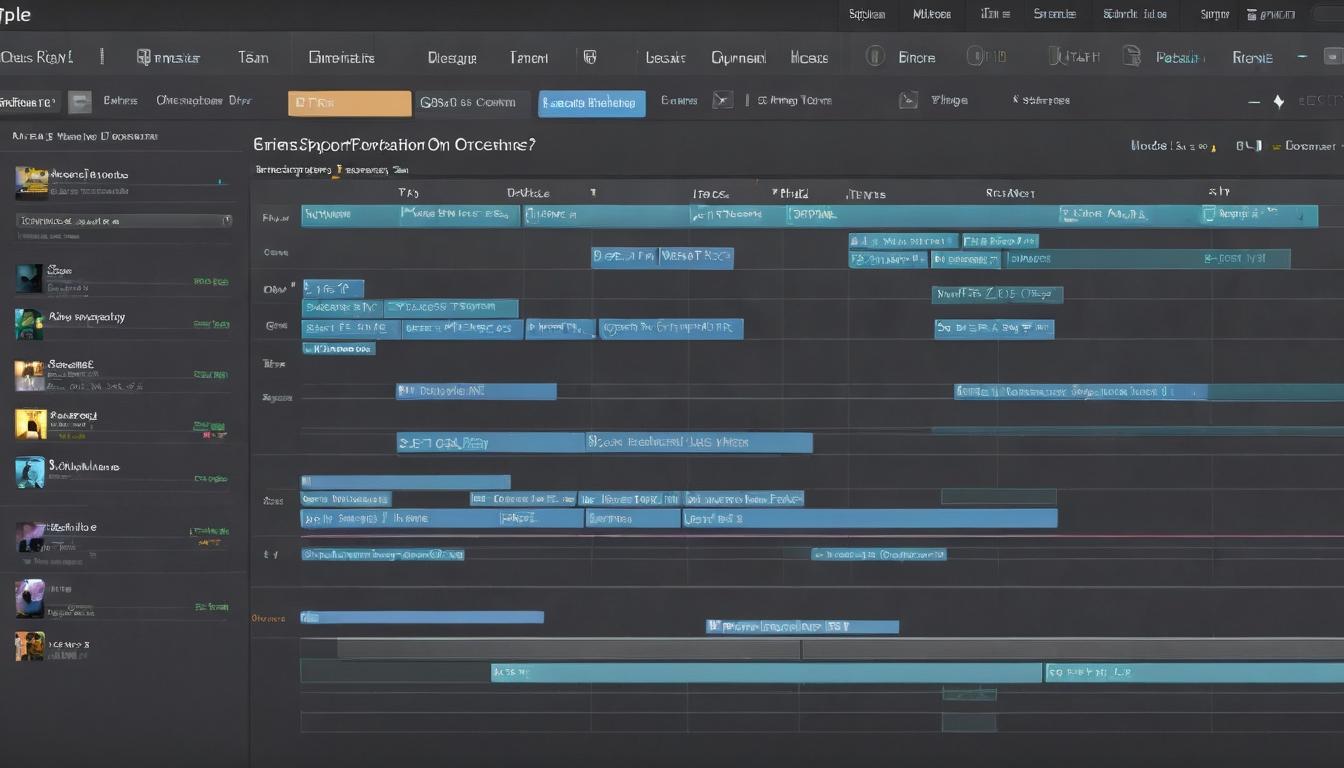In the dimly lit recording studios of London and Los Angeles, a quiet revolution is taking place. Film composers, long relegated to the background of cinematic creation, are emerging as the true architects of emotional storytelling. While audiences flock to theaters for visual spectacles, it's the musical scores that linger in our subconscious, shaping how we remember films long after the credits roll.
What few realize is that the film scoring landscape has undergone a seismic shift in the past decade. The traditional orchestral sound, once dominated by European classical traditions, has given way to a global fusion of electronic elements, world music influences, and experimental sound design. Composers like Hildur Guðnadóttir, who won an Oscar for her haunting cello-based score for Joker, have proven that minimalist approaches can carry more emotional weight than hundred-piece orchestras.
The tools of the trade have evolved dramatically. Where composers once relied on pencil, paper, and live musicians, they now manipulate sound through digital audio workstations that can simulate entire orchestras or create sounds never before heard by human ears. This technological democratization has opened the field to composers from diverse backgrounds, though it's created new challenges in maintaining the human touch that separates great scores from mechanical background noise.
Behind every memorable film score lies a complex negotiation between artistic vision and practical constraints. Composers often work with impossible deadlines, sometimes creating hours of music in mere weeks. They must navigate director preferences, studio notes, and the delicate balance of supporting the story without overwhelming it. The most successful composers understand that their job isn't to write great music, but to write music that makes the film great.
The business side of film scoring reveals an industry in transition. Streaming platforms have created both opportunities and challenges, with composers facing pressure to produce more content for less money. Meanwhile, the recognition of film music as a legitimate art form has grown, with concerts featuring film scores selling out concert halls worldwide. This cultural shift has elevated composers from service providers to recognized artists in their own right.
Perhaps the most fascinating development is how film music has become a character in itself. In films like Dune, Hans Zimmer created not just a score but an entire sonic universe, with custom-made instruments and vocal techniques that defined the film's otherworldly atmosphere. This approach represents a move away from traditional thematic scoring toward environmental sound design, where the music doesn't just accompany the action but creates the world the action inhabits.
The future of film scoring may lie in its past. Young composers are rediscovering analog synthesizers and acoustic instruments, creating hybrid sounds that feel both nostalgic and innovative. As artificial intelligence begins to encroach on creative fields, film composers stand as a testament to the irreplaceable value of human emotion in art. Their work reminds us that while technology can replicate sounds, it cannot replicate soul.
What becomes clear when examining the current state of film music is that we're witnessing a golden age of innovation. Composers have more tools, more influences, and more creative freedom than ever before. Yet the fundamental challenge remains the same: to touch the human heart through sound. In an increasingly visual world, the power of film music to connect us to stories on a deeper emotional level may be more valuable than ever.
The unsung heroes: how film composers are rewriting Hollywood's musical language

